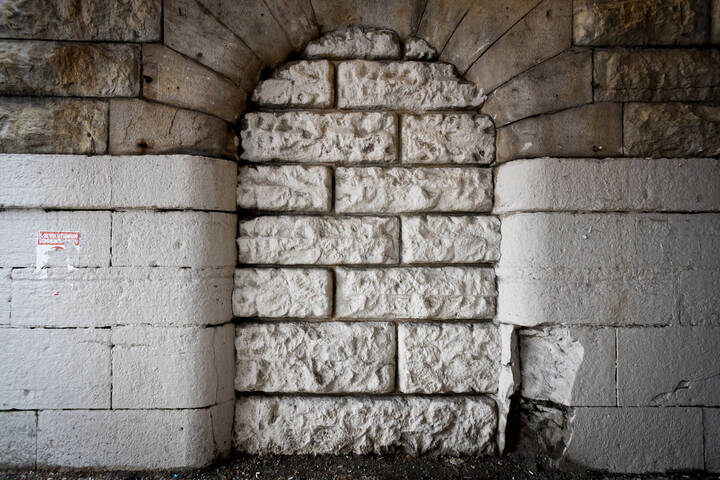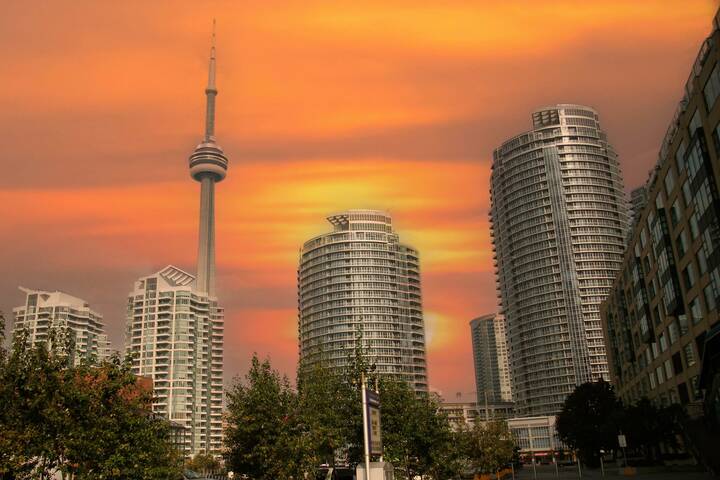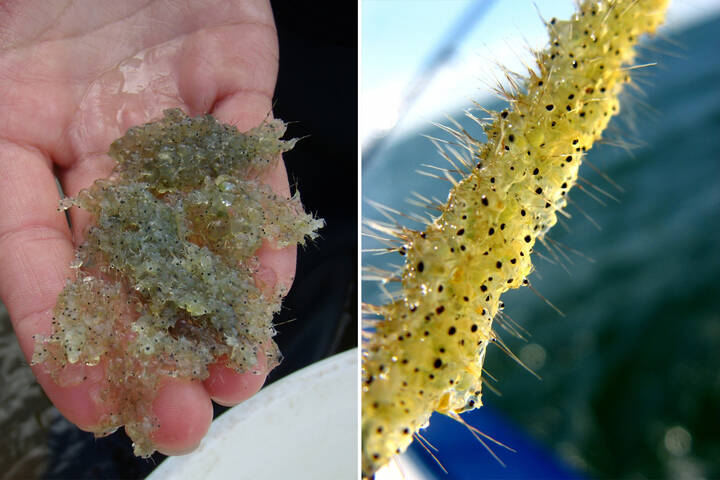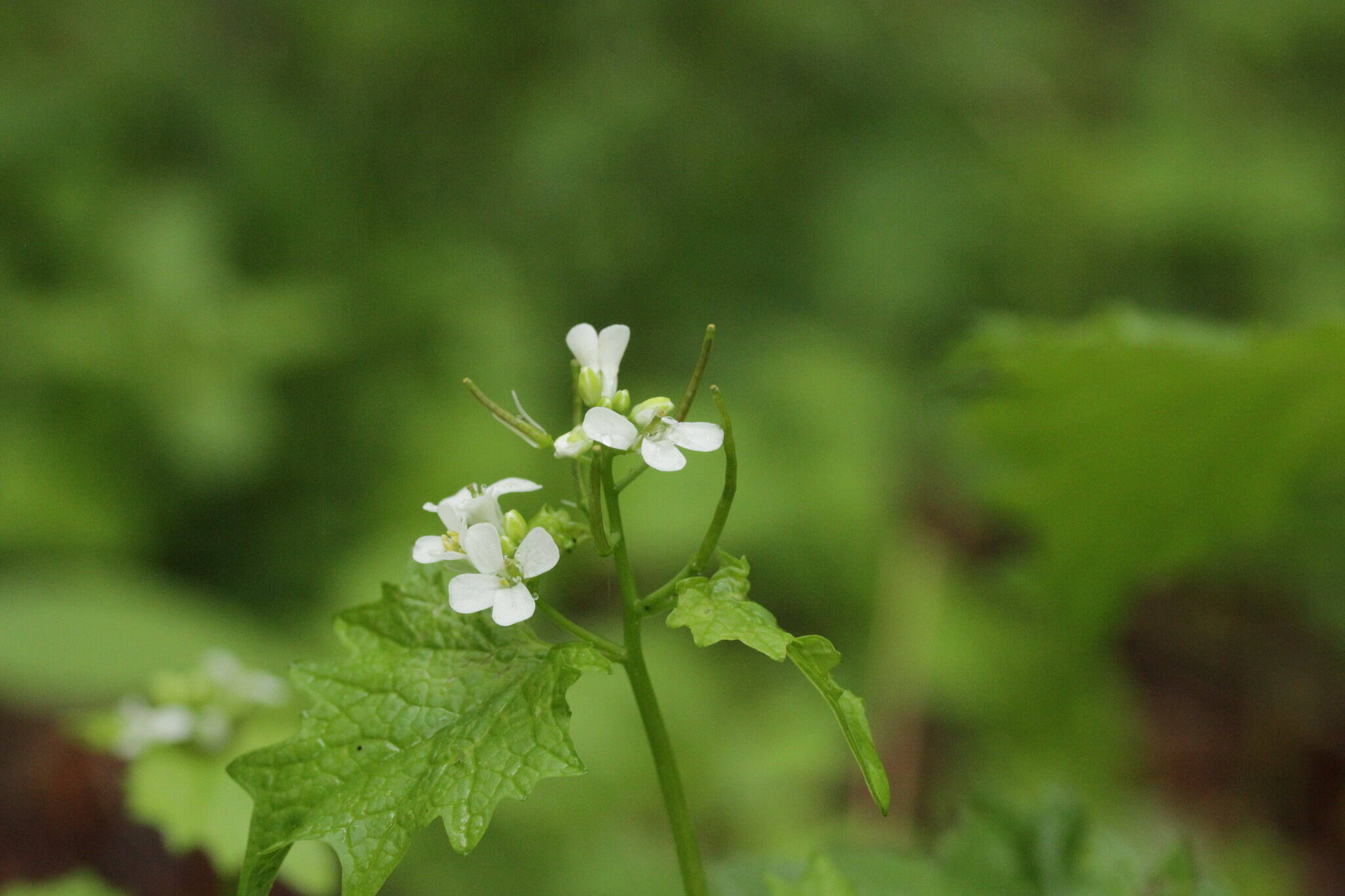
An invasive plant is taking over Toronto right now and you can eat it
It's that time of year in Toronto when plants start to bloom again, and that can include some invasive ones...but there's one you can actually help get rid of by eating it.
Garlic mustard is an invasive plant that tends to pop up around this time of year, a type native to Europe brought over in the 1800s as an edible herb.
The Ontario government now calls it "one of Ontario's most aggressive forest invaders."
Second-year garlic mustard plants can be identified by their spiky triangular leaves, small white flowers and height that can reach 1.2 metres. It has a very garlicky smell and is actually rich in vitamins A and C.
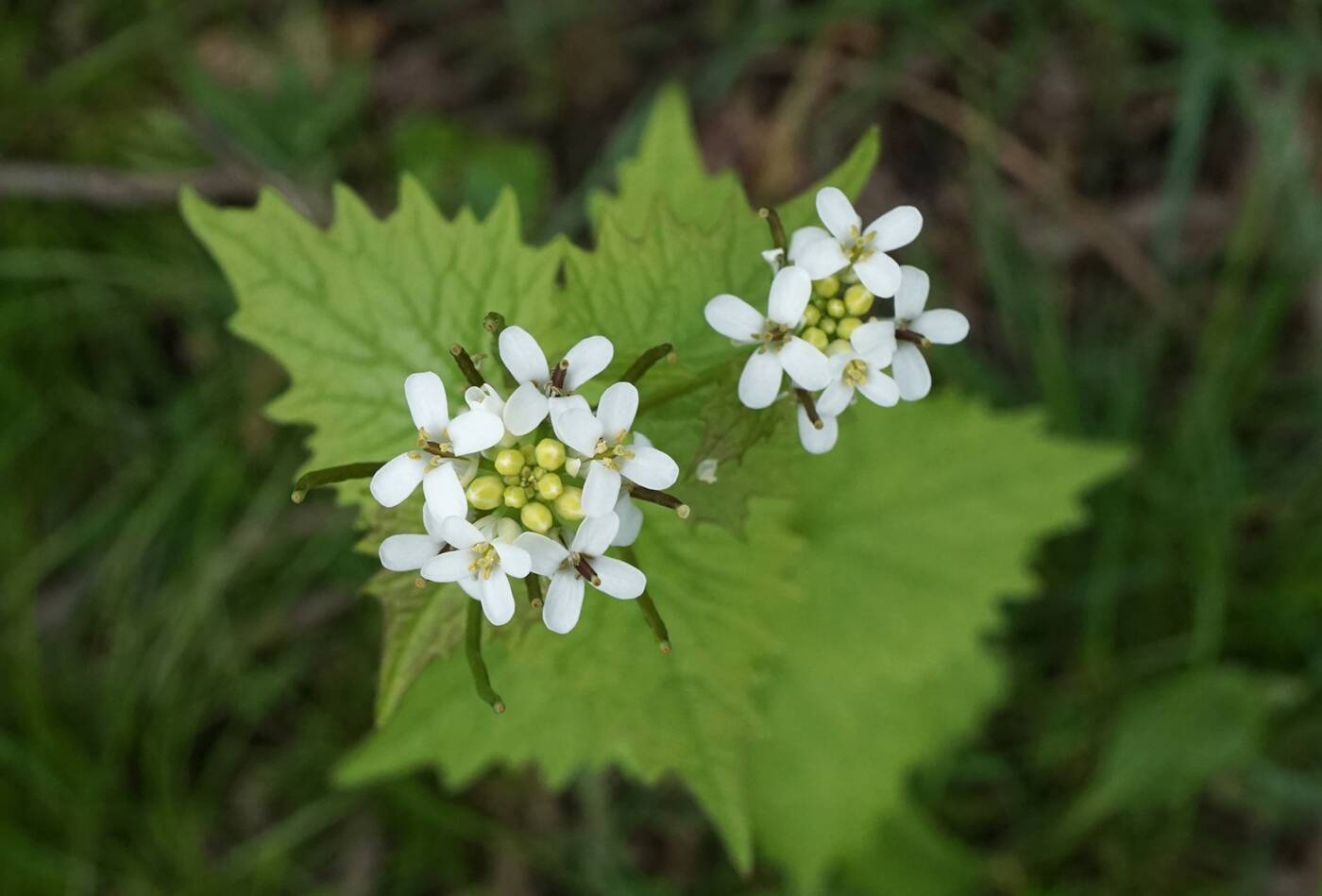
Garlic mustard in its second year of life. Photo by Plant Image Library.
The first two years of a garlic mustard plant's life have two distinct stages.
In the first year, it presents as a small cluster of leaves while developing a root system, then any plants that survive winter grow flowers and spread hundreds of seeds in the second year of their life.
Here's where the majorly invasive part comes in: dense stands of garlic mustard can actually produce 60,000 seeds per square metre, and stands can double in size in just four years. The seeds are powerhouses, too, and can even sprout after 30 years of remaining in soil, and the plant can grow in many habitats.
It can displace local plants like our provincial flower the trillium, and also disturbs fungi that help bring nutrients to plants. It also threatens plant species at risk in Ontario like the drooping trillium and wood poppy.
Unfortunately, it's not a great source of food for local animals, but foragers have been eating garlic mustard as a way of staving off its invasion. Apparently it makes a great pesto.
The best way to be sure what you're foraging is garlic mustard is to crush it to see if it emits its signature garlicky smell, which is good to know as there are some native Ontario plants that look similar to garlic mustard.
Be careful and don't forage it from public property where it will have been treated with pesticides, making it inedible.
Latest Videos
Latest Videos
Join the conversation Load comments

